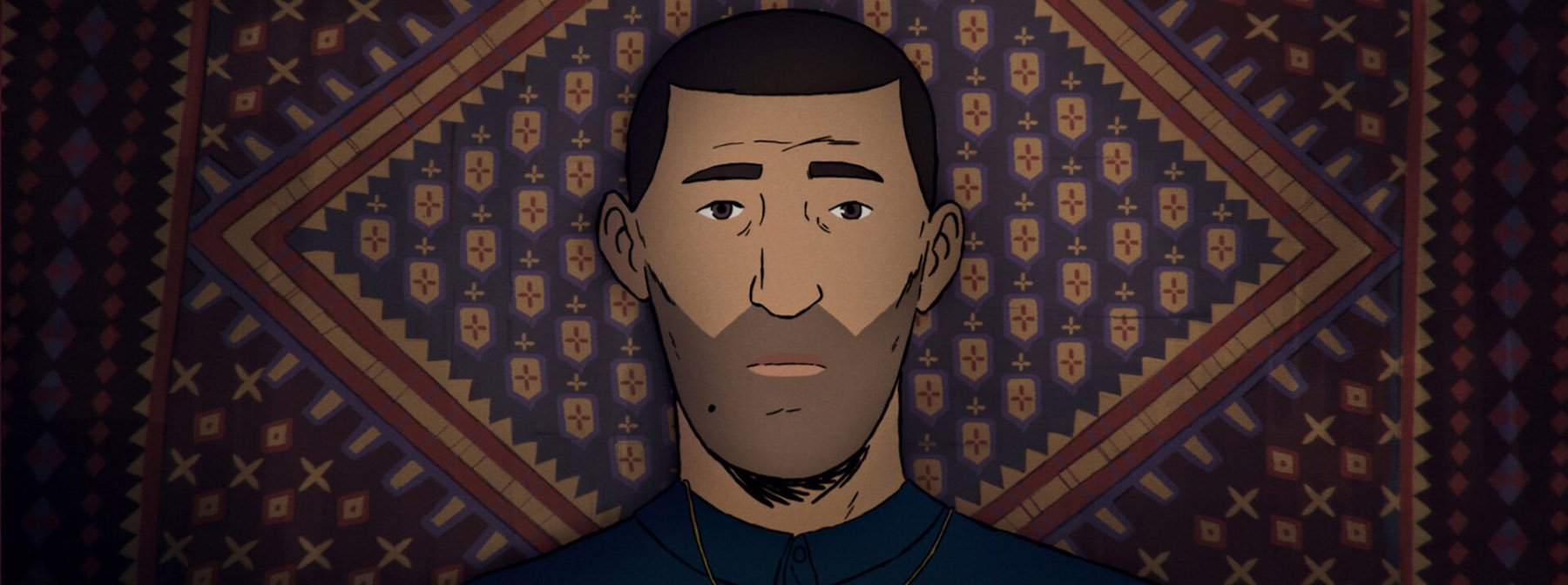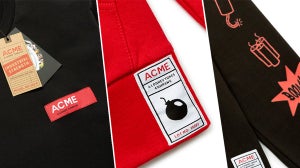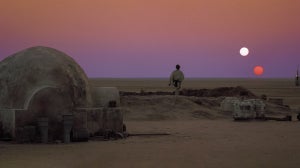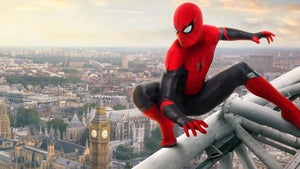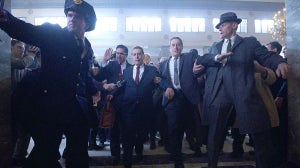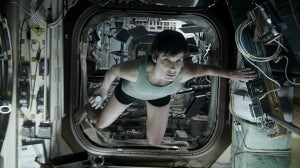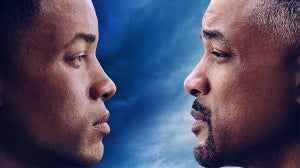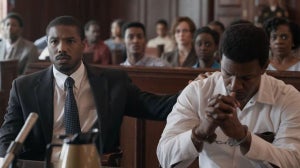
“We first met in my hometown in Denmark when I was 15, and back then I was already curious about why he came”, Rasmussed explained to Zavvi. “But he didn’t want to talk about it, which I’ve always respected. However, this thing he didn’t want to talk about became a black box in our friendship.”
Now, Amin’s story of escaping Afghanistan as a teenager has finally been told in Rasmussen’s widely acclaimed animated documentary Flee.
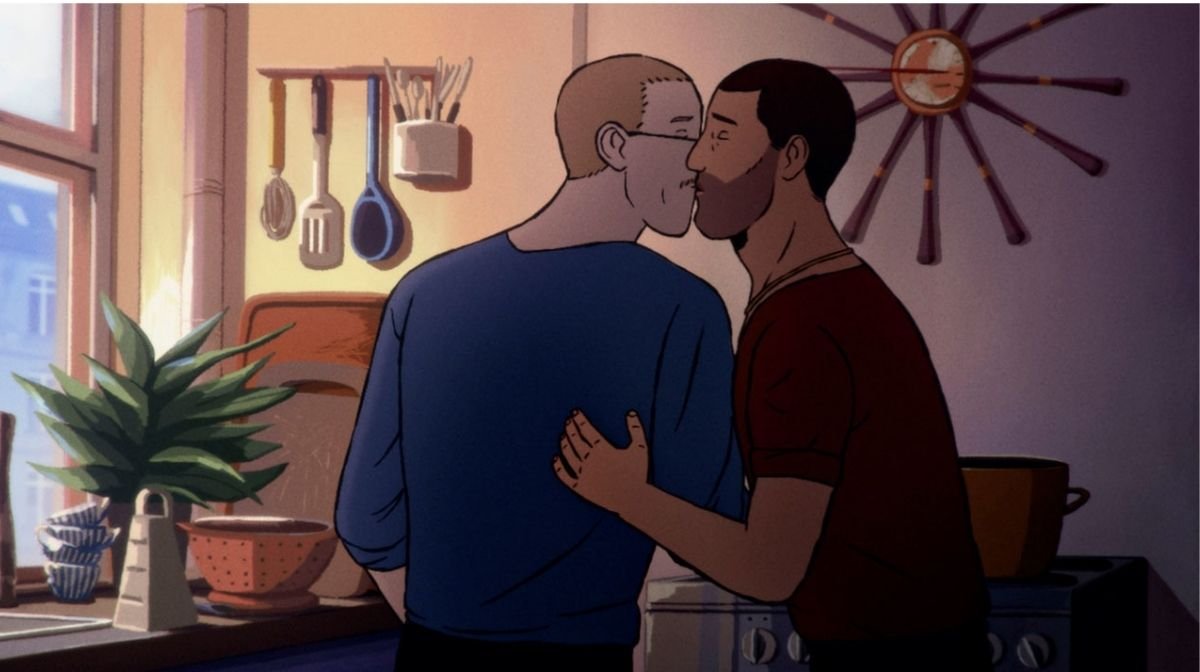
Since premiering at Sundance early last year, the film has moved audiences worldwide, and has this week become the first film to be nominated for Best Documentary, Best Animated Feature, and Best International Film (as Denmark’s official submission) at the Oscars.
Rasmussen’s efforts to interview his friend about his journey stretch back 15 years, when he was producing radio documentaries. Amin wasn’t ready to speak then - but eight years ago, something changed.
“I had the documentary in my head for a long time, but it was mostly just waiting for the moment that it could work for him”, Rasmussen continued. “Eight years ago, I was participating in this workshop pairing animators with documentary filmmakers to make short films, and they asked if I had any ideas.
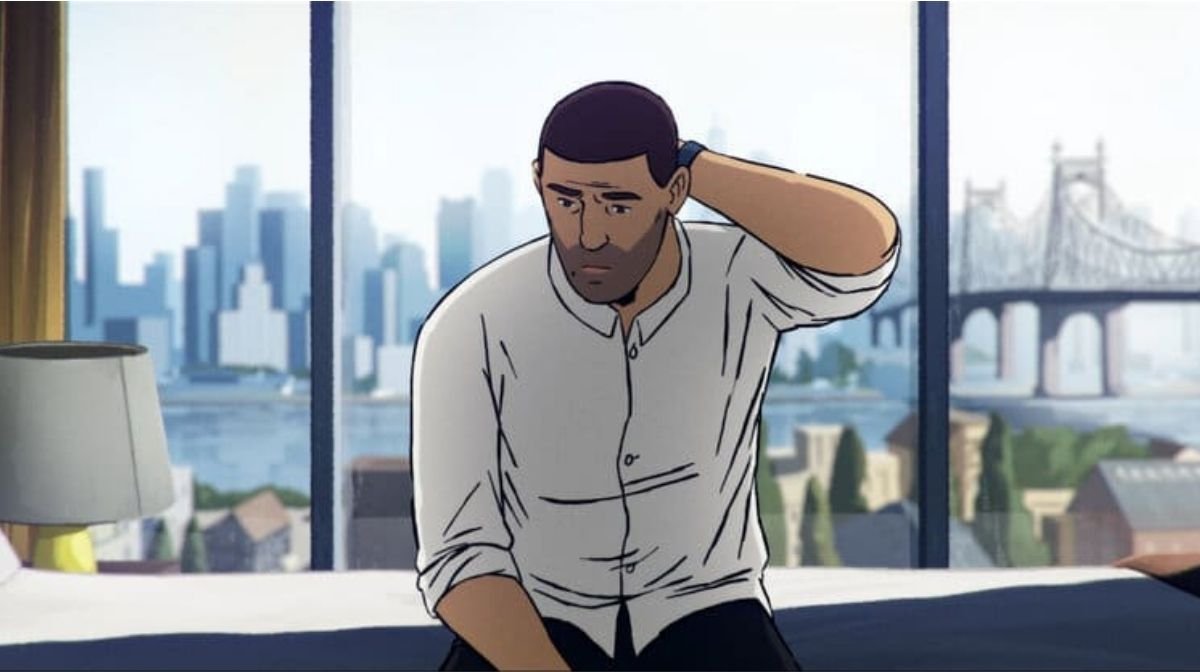
“I realised this would be the best way to tell the story. Amin was very intrigued about it, as he had been keeping this a secret for so long, and now he could finally share this story without being in the public eye - he wouldn’t have to make small talk in the supermarket about his trauma with anybody who recognised him.”
When Rasmussen sat down with Amin to speak, the assumption was that the finished film would be a total of 20 minutes, but “as he gave his testimony, it just kept growing.”
Realising it couldn’t work as a short, producers became nervous about making a full-length feature due to the cost of animation, having discussions about dropping the animated conceit 20 minutes in, to eventually show Amin - an idea which wasn’t pursued because he wasn’t comfortable.
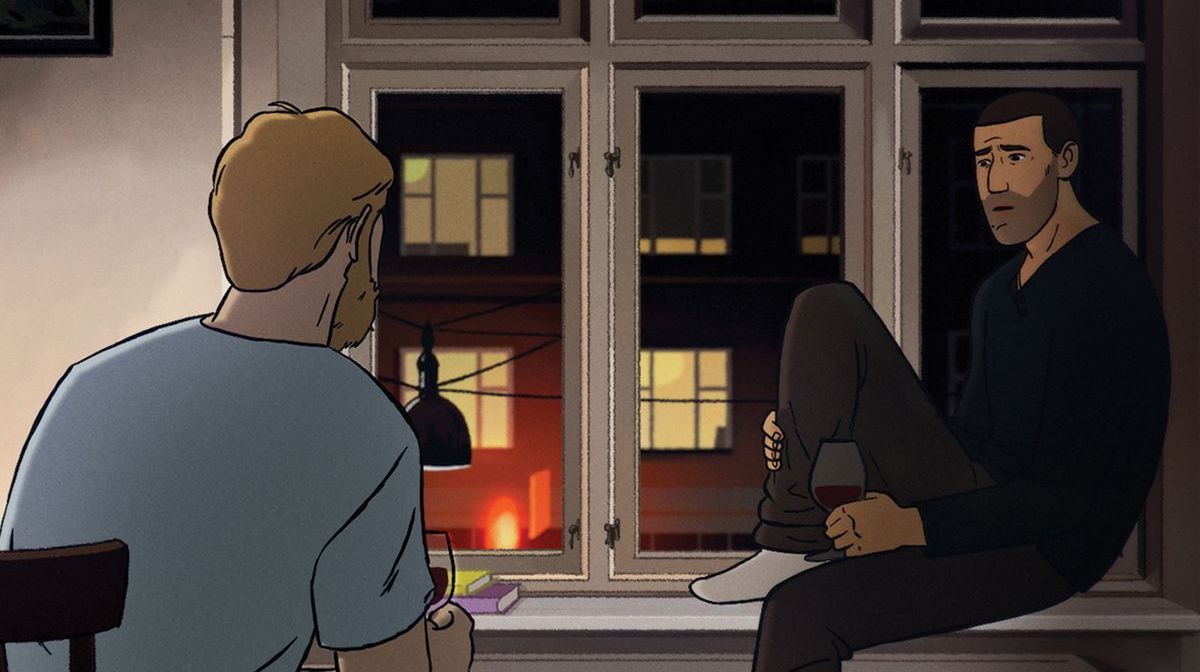
The process of making an animated documentary provided plenty of other new challenges for Rasmussen along the way too: “We essentially had to edit before we shot the film. On a live action movie, we edit the footage as we’re going and shape the film that way, right until the very last minute.
"But you can’t just animate 40 hours of interview material because it’s so expensive, so before animating anything, we had to settle on what the complete film was and edited it using rough storyboards.
“It’s nerve wracking, but it’s actually helpful to be with a team that can help you get the shots you need. On a shoot, you could miss something if the camera isn’t in the right direction, and you have to work around it - this process gave us the freedom of being incisive when telling this story.”
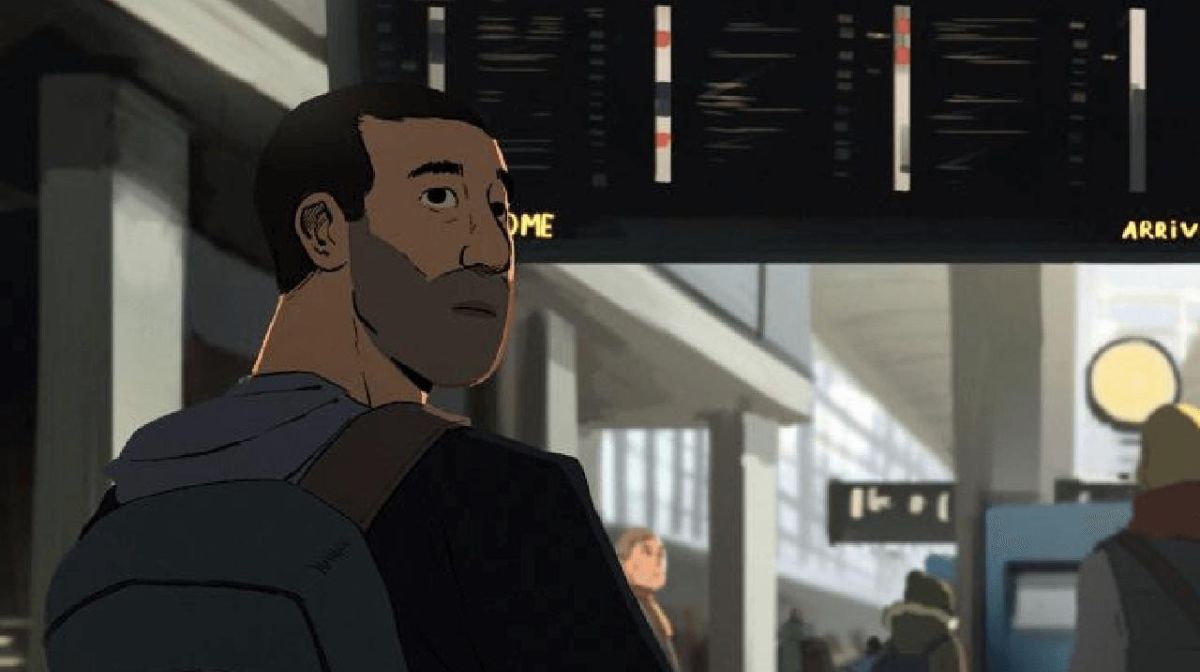
Rasmussen had shot his interviews on video, with the animators lifting every minor detail, from Amin’s gestures to facial expressions, for the finished film to ensure they could be as “truthful as possible” in telling the story.
They were also aided by the director’s interview technique, from his background in radio - inviting his interviewee to lie down with his eyes closed, leading to more specific and descriptive answers, envisioning their memories while speaking, giving the team more to draw from.
It was apparent in the early stages that this technique was working: “It was in the first interviews I did with him, recounting his childhood in Afghanistan and coming to Denmark. I think the most powerful moment for me was when he described how he came out to his family.
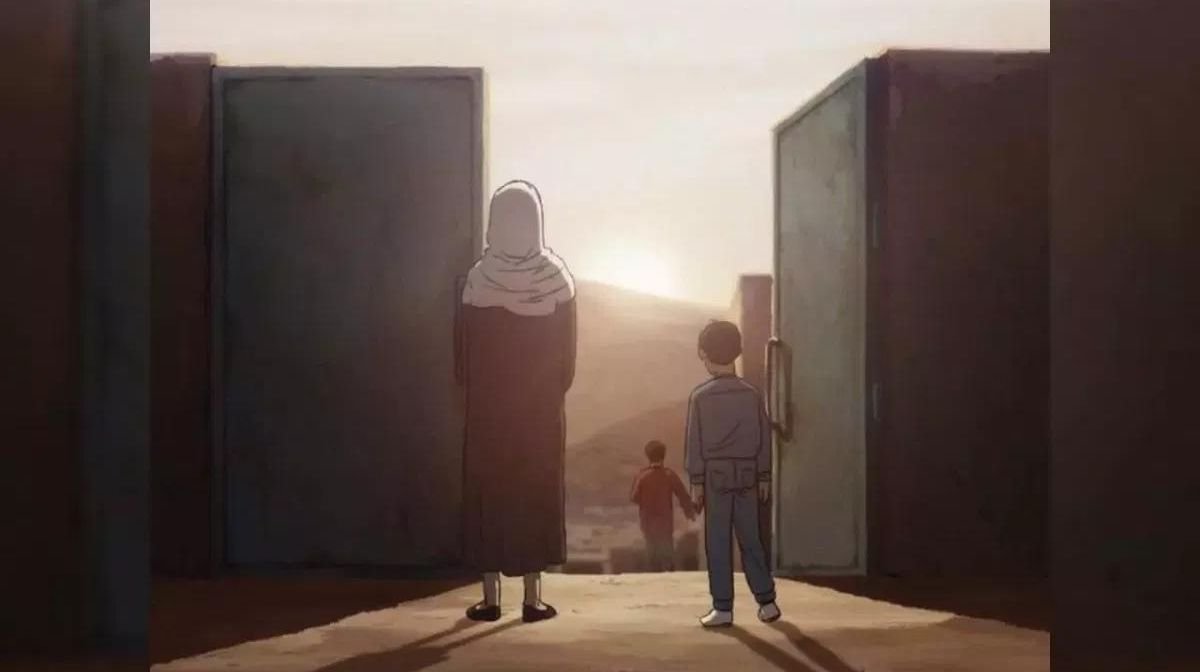
"I had my own prejudice as much as he did about how a Muslim family would handle that situation, so to hear that story of acceptance was a really wonderful moment.”
Although the film is a story about the refugee experience, Rasmussen doesn’t like the reductive term ‘refugee movie’, believing that Flee is far more humane than that description implies: “I want people to see this not as a refugee story, but as a story told from the inside of a friendship, to be able to relate to him and see him as a person.
"Being a refugee isn’t an identity, it’s a circumstance people go through. He went through this in the 1990s and made a life for himself, and I hope this context gives this more nuance than just being a ‘refugee story’.
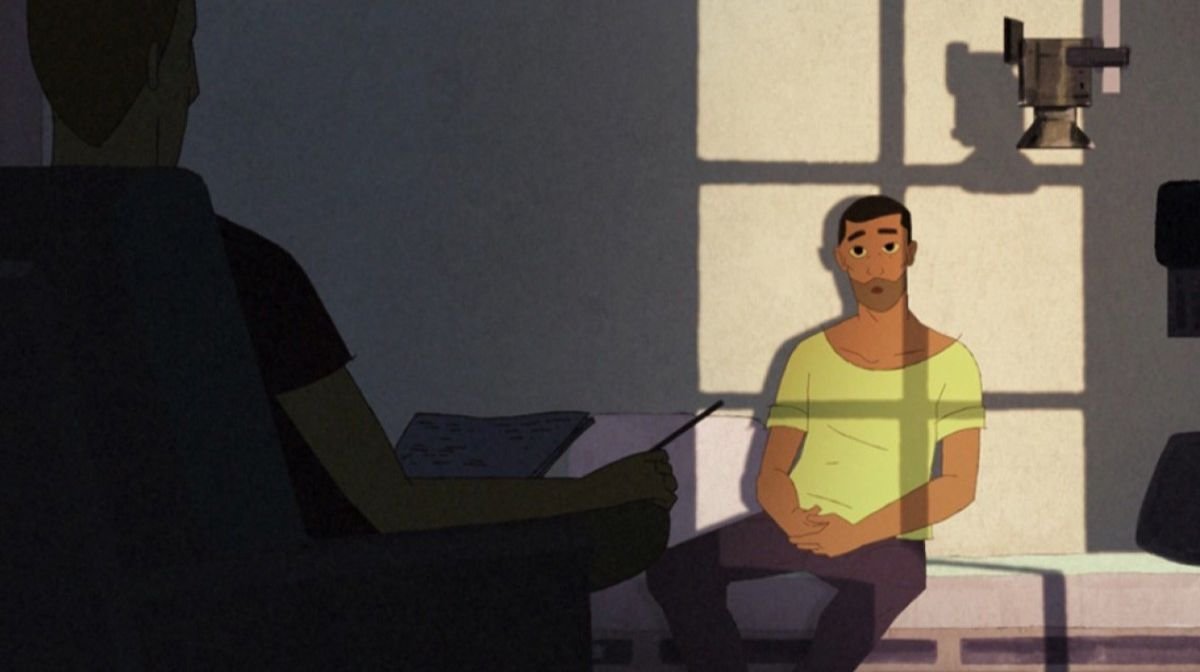
"Other documentaries about the refugee experience can be black and white and very superficial, and never address the impact this can have on someone’s life in the years afterwards.”
Flee has been doing the rounds on the festival circuit for a year and is finally receiving a theatrical release in the wake of horrific events in Afghanistan, that have made this story depressingly relevant once more.
“I was working on Flee for eight years and developed personal ties with Afghanistan, getting to know the country far better than I had before. So, to see the almost exact same shots I worked on for weeks in the news was surreal and heartbreaking.
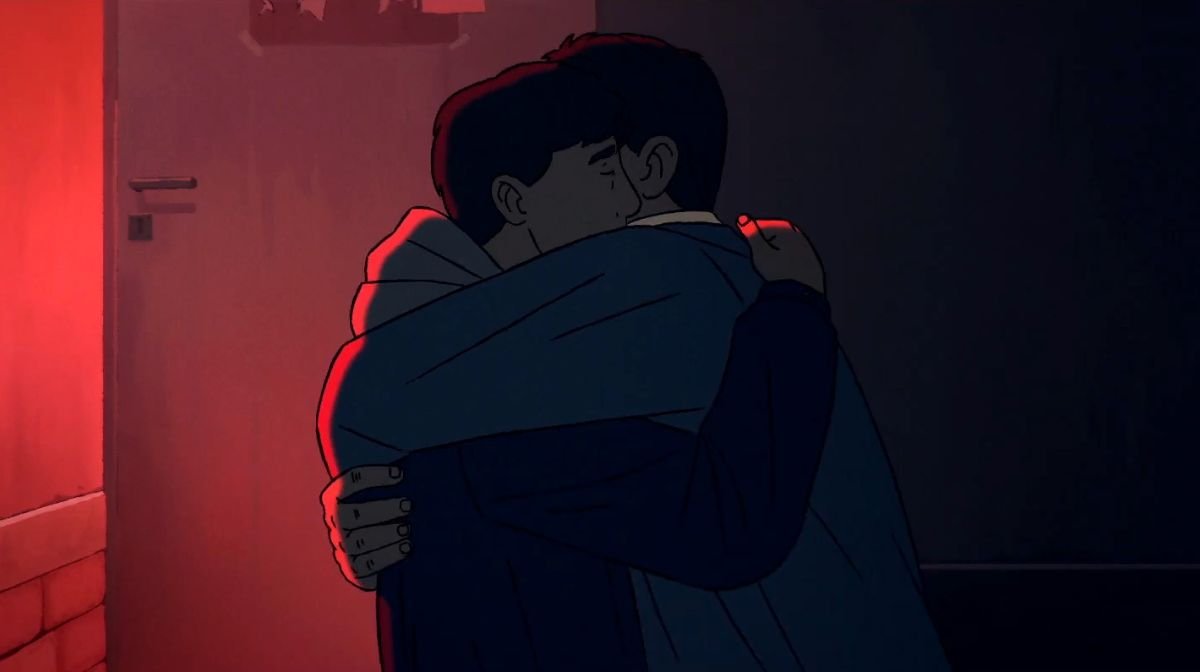
“It’s also important for me to tell the story of these refugees, as we are facing a new generation of Afghans being forced out of their own country, and falling into the same limbo Amin found himself in. But now it’s even worse, there’s a hostile environment towards refugees in the west, so to give a nuanced perspective as to what people are facing is really significant.
“I also hope one day this can be seen in Afghanistan to bring nuance to the LGBTQ story, so people know it’s okay to have family members who identify this way and be able to accept them. I’d love to do a screening in Kabul or anywhere else in the country in the future.”
Following the film’s Sundance premiere, Riz Ahmed and Game Of Thrones star Nikolaj Coster-Waldau boarded the project as executive producers, collaborating on making an English dubbed version of Flee.
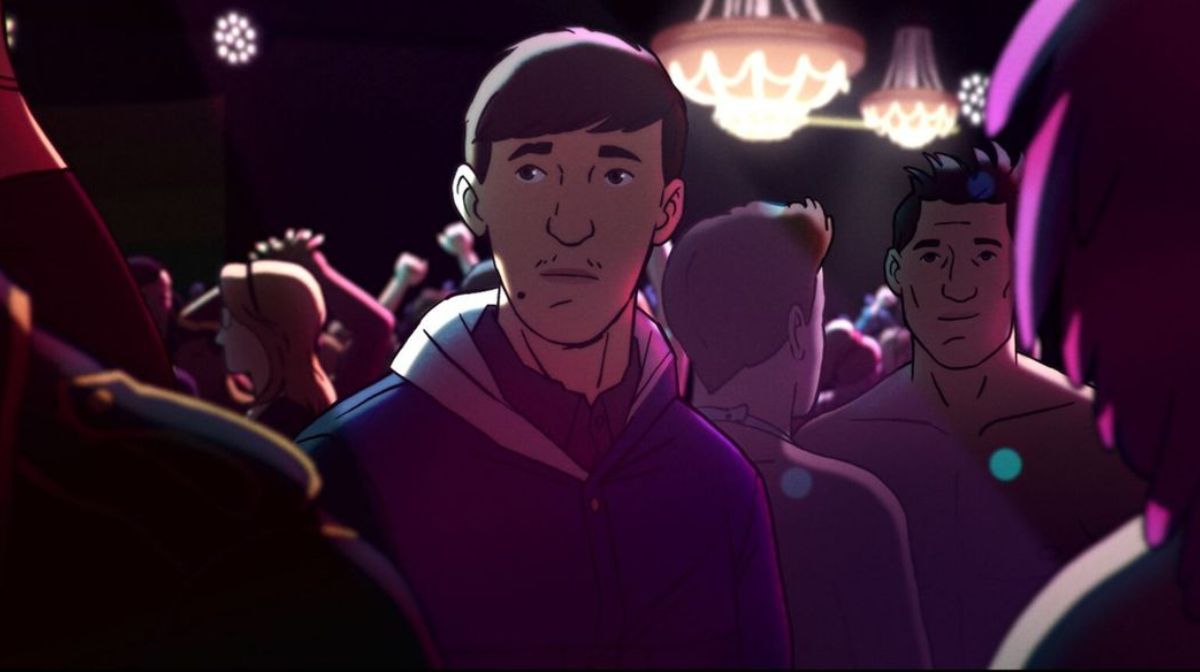
As a documentarian, a dubbed version was an initial cause for concern, but the urgency of the story required a wider audience.
“In the beginning I was reluctant; there’s so much storytelling inherent in hearing the real person’s voice underneath the animation.
"But this story is so important to me, so it would be a missed opportunity not to get this out to a broader audience - and besides, many countries do dubbed versions anyway, so this ensured we could have control over the final product. To have Riz and Nikolaj on board and really support the project was amazing.”
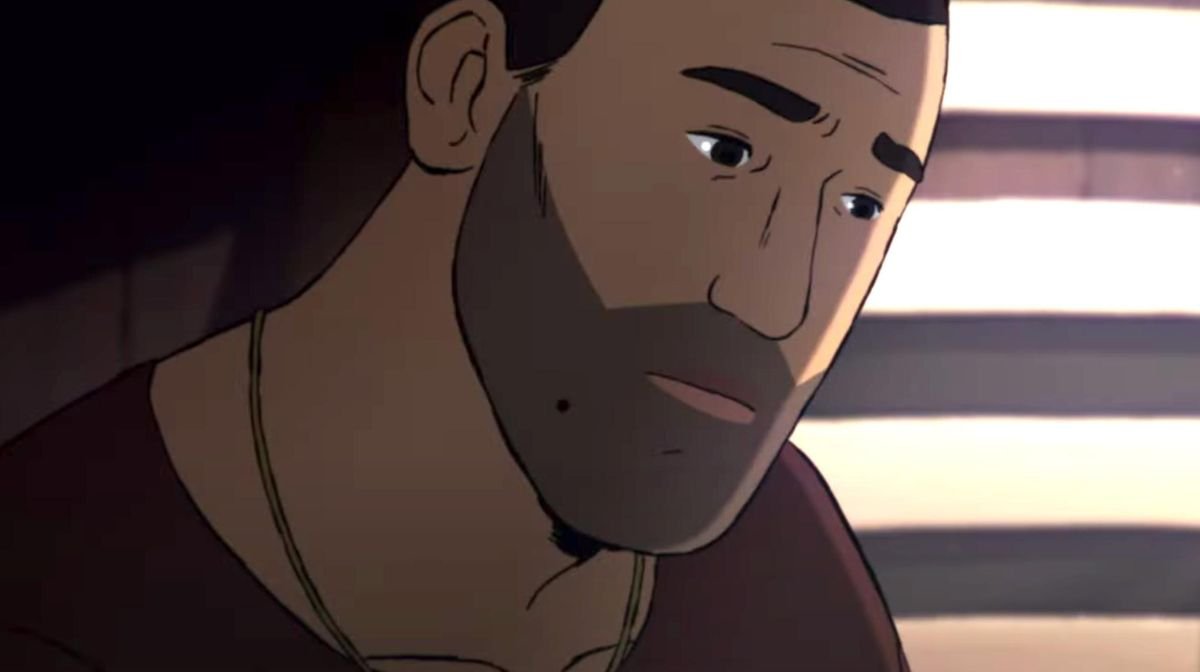
The film has won widespread critical acclaim - but what does Amin himself think of the finished product?
“It was a very emotional experience for Amin; he told me he didn’t know if he was emotional because of the film, or just the fact it was seeing his story on screen. He was overwhelmed to see the reaction from Sundance, and seeing people relate to his story.
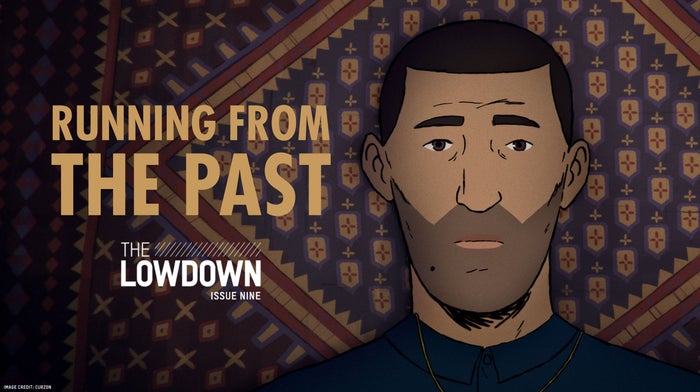
"When we started making the film, he told me he didn’t have many stories to relate to while growing up, as there were no stories like his in the media. So, to be able to give people a story like this was very meaningful to him.”
Flee removes the sensationalism of news headlines to tell a moving, but sadly prescient, account of the refugee experience. It’s a hard watch at times, but it puts a human face on an ongoing tragedy many viewers will need to see for themselves.
Flee is released in cinemas and via Curzon on demand from Friday 11th February.
For all things pop culture, follow us on Facebook, Instagram, Twitter and TikTok.

